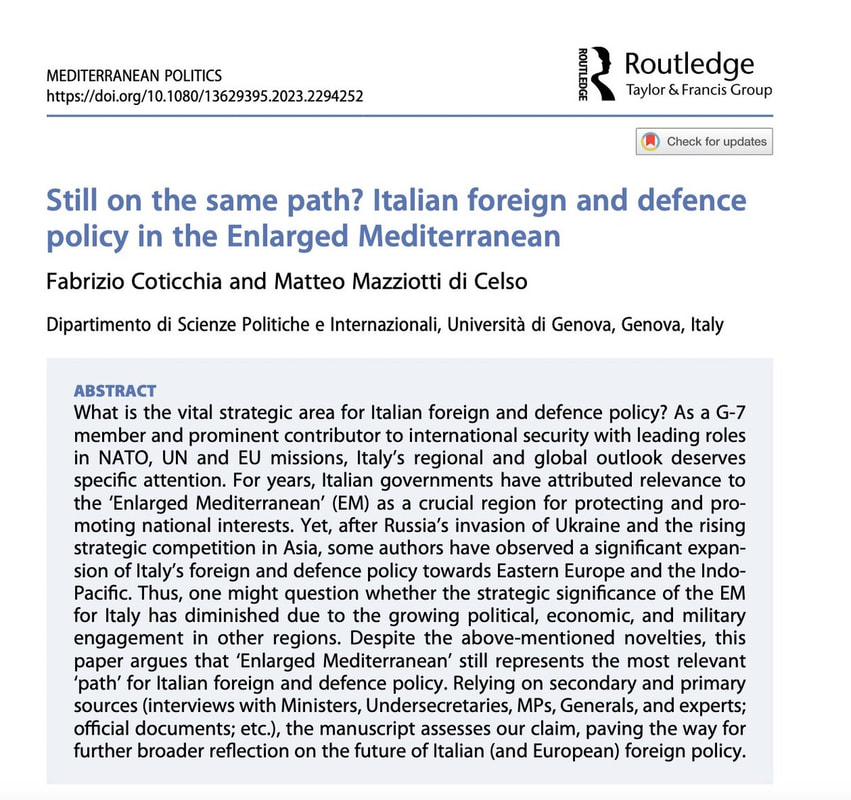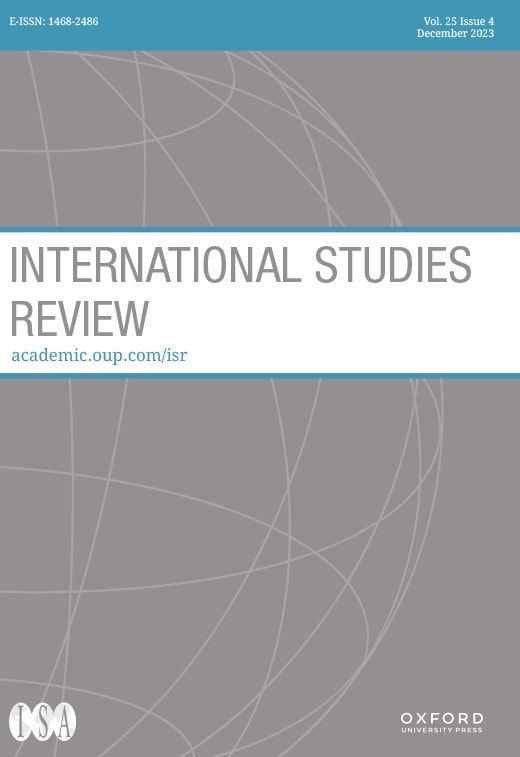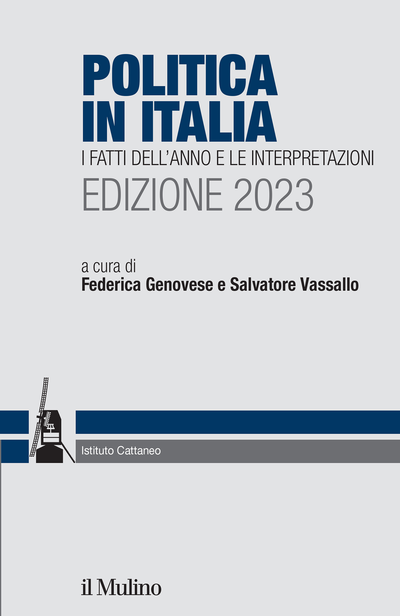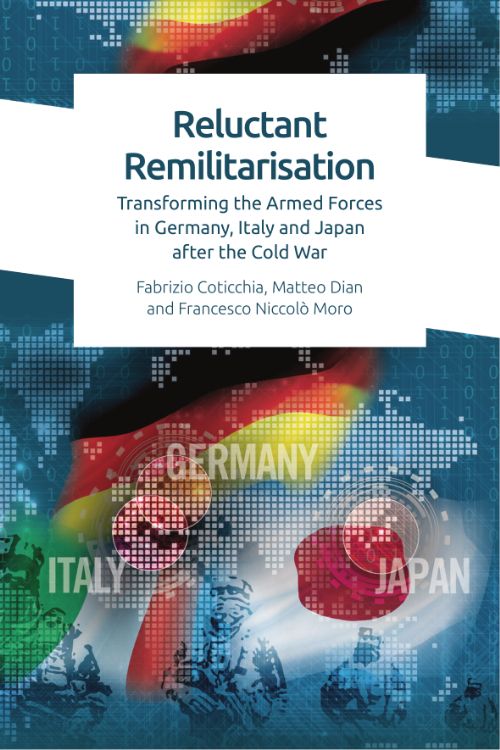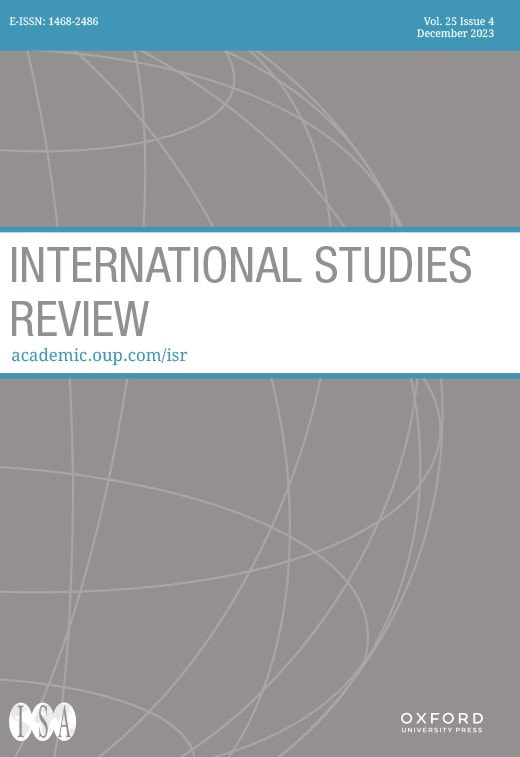"Still on the same path? Italian foreign and defence policy in the Enlarged Mediterranean"1/10/2024
Glad to see our latest paper (a "brief report" for Mediterranean Politics, written with Matteo Mazziotti di Celso) in early view: "Still on the same path? Italian foreign and defence policy in the Enlarged Mediterranean". Here the link.
I'm really glad to be part of this forum on International Studies Review: "New Directions in the Study of Populism in International Relations". Here the link to the paper that collects several contributions on populism and IR. A. Chryssogelos has edited the forum. Along with F.Donelli, we examine the relationship between populists and foreign policy bureaucracies in the section "The Inevitable Clash? Populists and Foreign Policy Bureaucracies".
|
Author
Fabrizio Coticchia is Professor of Political Science at the University of Genoa. |
